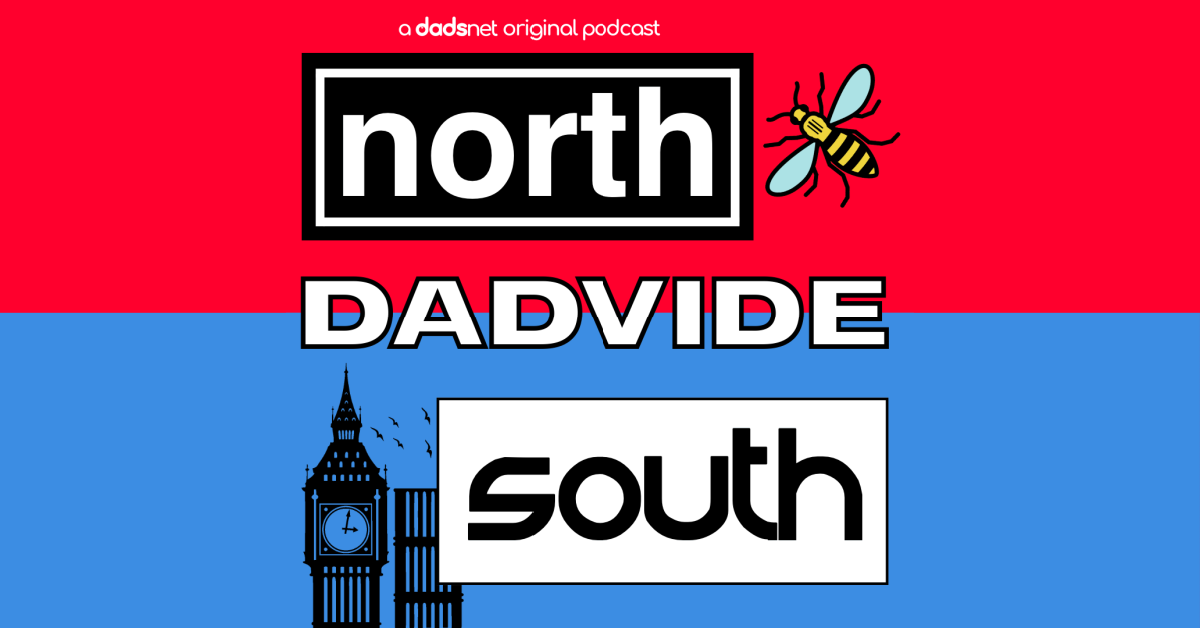Whilst almost all parents are unique in the way they raise their children, there are often a lot of commonalities when you compare one parent to another!
Parenting styles define your children and shape the person they become. Whilst almost all parents are unique in the way they raise their children, there are often a lot of commonalities when you compare one parent to another. The four major parenting styles refer to the work of Diane Baumrind in the 1960s when she created one commonly-referenced categorisation of parenting styles. The ones that she came up with are:
- Authoritarian or Disciplinarian
- Permissive or Indulgent
- Uninvolved
- Authoritative
While these parenting styles are based in the United States and it isn’t all that clear from a cross-cultural viewpoint; they do give a basic understanding of different approaches. Each of these styles varies in at least four areas, discipline style, communication, nurture and expectations of a child.
Authoritarian parenting
Authoritarian parenting is a strict approach, with the children set high expectations and rules without providing support or asking for a child’s input in the case. Christine Furnival, LPCC, a clinical counselor specializing in children and families says that,
“Authoritarian parents hold the belief that a child should do what they say simply because they said it.”
Thus, the goal of this parenting style is obedience, with strict punishments if rules are not followed.
While these parents might not be able to set rigid rules for a baby, they will try to implement a strict feeding and sleeping schedule. Thomas Phelan, Ph.D., says that,
“For toddlers and preschoolers, authoritarian parents will insist on unrealistic cooperation regarding issues such as eating, potty training, tantrums, and bedtime.”
This could present itself as making your little one finish their food when they say they don’t want to or forcing them to move onto the potty even if they don’t seem capable.
If you teach your kids to respect rules and discipline, it can help them to avoid impulsive decisions. One thing to be wary of is that kids with the strictest parents can sometimes become the best liars. But, research shows that an overly rigid parenting approach can place too much pressure on a child to be perfect, which can lead them to feel withdrawn from the world, lonely or afraid, with no real understanding of who they truly are owing to their need to please.

Permissive parenting
Permissive, or indulgent parents, are warm and nurturing, and often can be inconsistent when it comes to setting down rules or disciplining their children. They can act more as a friend rather than a role model, which allows the children to have more freedom and are not watched over closely. They often have fewer responsibilities, and their day is less structured than others.
When looking at permissive parenting as a baby, this might be not setting a feeding or sleep schedule and feeding instead when the baby fusses. Looking at it from pre-school or toddler age, they may be given a snack or treat whenever they want, rather than snack time. They may also not clean up their toys, and go to bed when they feel like it instead of the rigidity of a set bedtime.
Children of indulgent parents are more likely to be free thinkers and are the sort who aren’t bossed around or lured into activities that don’t feel right. But whilst they may be more creative, a house without rules can come with downsides. These children might also be more prone to throwing temper tantrums when things don’t go their own way. Yasmin Traini, LCSW, a family therapist says,
“Being told ‘no’ at home is a way for children to adapt to the reality that boundaries exist in every part of their outside worlds,”
Uninvolved parenting
Uninvolved parents are one’s who don’t meet their children’s emotional or physical needs, but providing little supervision and not involving themselves in their kid’s lives.
Uninvolved parenting can take a lot of forms, but most people are able to see it when it arises. It could be a parent not providing basic needs for their children, like secure shelter, food and sleep. With older children, it could be not looking out for your child’s safety, not filtering your language around them, or leaving them with individuals who haven’t been vetted to care for the child.
Uninvolved parenting provides ample ground for children to have serious problems when growing up. They tend to have low self-esteem and struggle to form healthy trusting relationships owing to their childhood of uncertainty.
buy aciphex
Pediatric mental health expert Roseann Capanna-Hodge says,
“Children need emotional connection and when they don’t get it from their parents their nervous systems can’t regulate properly,”

Authoritative parenting
Authoritative parents try to create a balance between being firm, but also providing a warm supportive space for children to follow. Instead of setting a list of rules children have to follow, they will discuss rules and their expectations as a family. They will still show who is in charge, and hold children accountable, but will allow both sides of the argument to be heard.
“The parent will use discipline in the form of coaching, guiding or utilizing natural and logical consequences,” Furnival explains.
While authoritative parents may come up with a feeding and sleeping schedule for their little baby, they might make adjustments as needed when it comes to their little one. When they become toddlers, authoritative parents will have rules that are non-negotiable owing to safety, such as throwing toys or biting and will enforce those. This might involve taking away a toy if it gets thrown at you, or saying goodnight to your child instead of reading another story. This is usually considered a healthy approach for children, and they tend to be friendly and cheerful, as well as self-reliant and goal-orientated.
Attachment parenting
While the first four were the original ones set out by Diane Baumrind, this parenting style has become more and more common, with lots of parents now ensuring that nothing hurts their children. This can be seen as helicopter parenting or snowplow parents who make sure nothing bad ever happens to their babies.
This form of parenting springs from the belief that infants need to be nurtured and stay physically close to their parents for the first few years of their life. Attachment parents can be seen as a subset of authoritative parents, but with an extra emphasis on affection and physical touch. Yasmin Traini says;
“Both are responsive to a child’s perspective and both offer communication with the child,”
Attachment parenting is most common during the developing years when a child has a much higher need to be closer with their parents. This is often seen in breastfeeding on demand, skin-on-skin contact, babywearing, and ensuring little separation from your child.
It can affect your children by providing them with the ability to cope with adversity and stress.
buy amoxicillin
It doesn’t have any significant downsides, and by providing that extra layer of support in early development, they grow up to know they have a nurtuting and supportive family.
The only person it can be challenging for is mum and dad, as caring for your child’s every need can be tiring. Furnival says;
“Parents may find the pressures of living up to the ideals of attachment parenting overwhelming. There is also a risk of mums and dads not taking stock of their own self-care needs because so much energy is continuously devoted to tending to the baby.”
When it comes to parenting, there are many different ways to do it, and you may find you don’t fit into one category. There are always valuable benefits to most parenting styles, and working out what is best for you and your child is the best way forward.
As long as your children are safe and you are providing the support they need to thrive, then that is all that matters!








